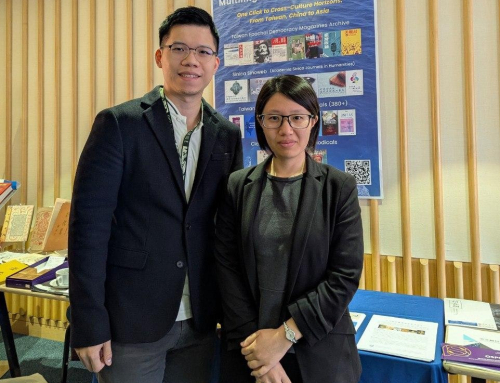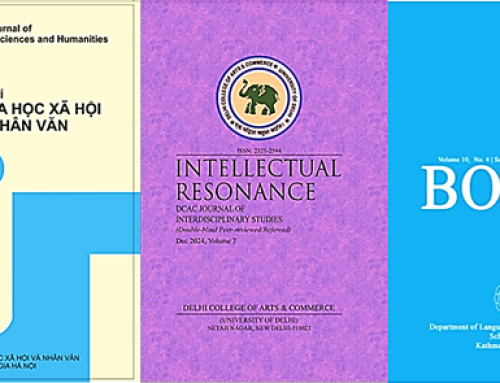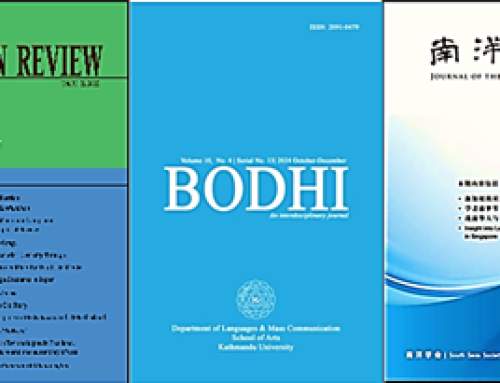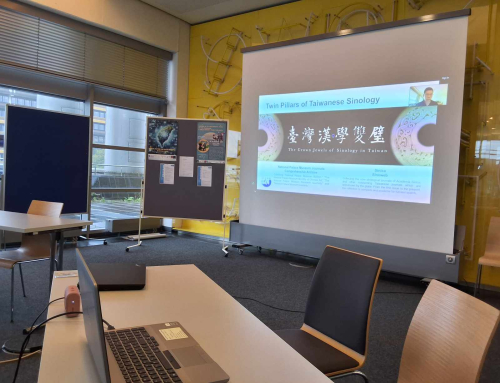When the emerging technologies have dramatically changed people’s behavior of reading, researching and purchasing, ‘digital publications’ became the new niche market where UDP has been devoted 20 years to producing high-quality digital archives for the disciplines of Sinology, Humanities and Social Sciences.
Nancy Wuu, the Editor-in-Chief of UDP (United Digital Publications, Ltd.), established the company as a traditional publisher with professor Steven Fan in 1992. Because they noticed that new technologies had have great impact on book publishing, they’re determined to change UDP’s business model as a ‘digital database publisher’ into this blue ocean market in 1997. UDP specializes in producing professional databases of Chinese studies, featuring its Taiwanese perspective and exclusive materials from Mainland China. Besides, they also publishes digital book, E-Learning courses through their educational platform. UDP was the very few digital publisher in Taiwan who kept innovating the database technologies, creating unique content, and owned the global channels for distribution at that time.

Keen Insights Into the Niche of Digital Publications
“We aim for producing the finest academic databases whose high search efficiency could really support the scholars’ researches globally,” says Nancy Wuu. Because of the solid academic training of Wuu and Fan, UDP’s database collections are distinguished from their competitors. Furthermore, UDP has been collaborating with Academia Sinica and National Central Library to transform those difficult-to-digitize ancient manuscripts into useful research sources, such as the databases of “Bulletin of the Institute of History and Philosophy” and “Chinese Studies.” By utilizing the information retrieval technologies developed by UDP, each database is full-text, full-image searchable. Moreover, scholars could find all relevant resources from different archives at the same time by using the inter-database retrieval platform, exclusively produced by UDP.
Based on those technical achievements, UDP’s new product “Sinica Sinoweb” (collaborated with Academia Sinica, 2011), and “Lionart Digital Archive” (partnership with Lionart Publications Enterprise, 2011) were awarded respectively by Taipei City government and the Council for Cultural Affairs, Executive Yuan in Taiwan.
Since 2012, UDP has been developing the brand new EPUB3 platform “Ya! Read” with Industrial Technology Research Institute (ITRT). The new platform would integrate the popular sinological publications with e-books and the academic journals. “Our mission is to make more supreme publications of Chinese Studies easily accessible to global researchers and readers,” as Wuu emphasized, “therefore, we’re devoted ourselves to promote these great collections of Taiwanese cultures into the international sinology community.”
Government’s Funding Sustain the Lifespan of Culture Enterprises
Wuu mentioned that she has been involved in many subsidy projects supported by governments, which quite changed her thoughts about the operation of Taiwanese cultural industry. She said the subsidy policy indeed helps UDP be able to concentrate on developing new technologies first, then to find new stakeholders or fundraising later, especially the concessional loan from the Ministry of Culture of Taiwan. Even though the mindset is quite different between a cultural practitioner and an entrepreneur, the aid of subsidy really helps new start-ups earn more time within the market, which is also a great opportunity to examine the whole managing structure, based on the government’s advice.






